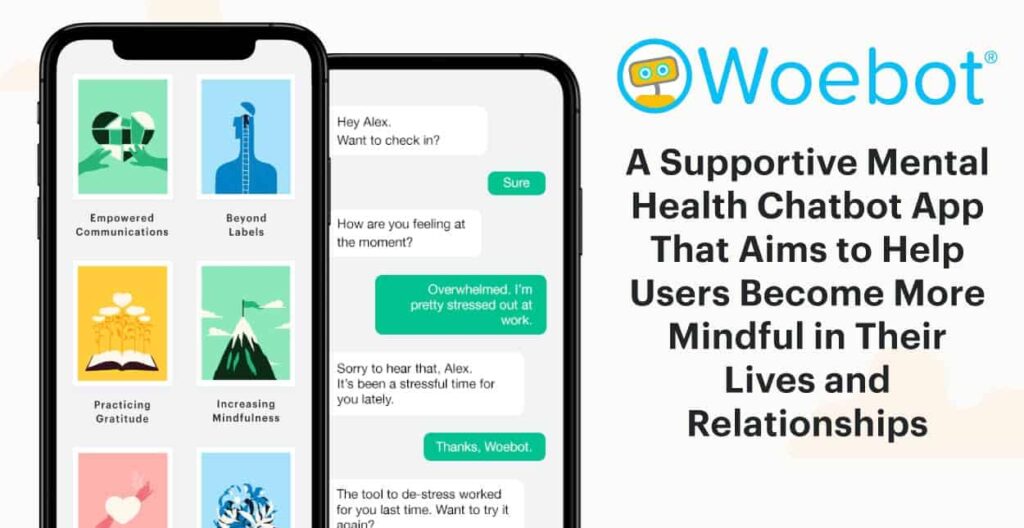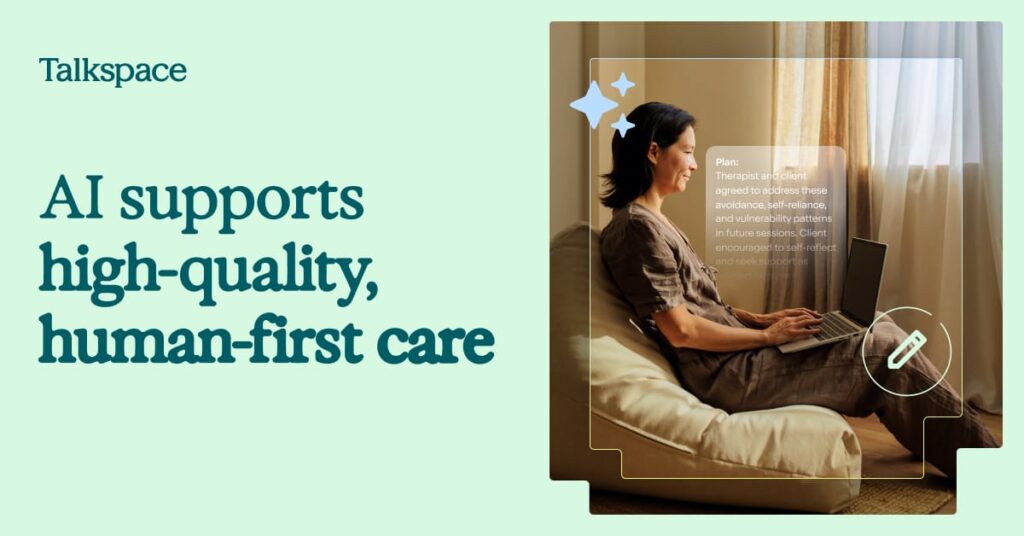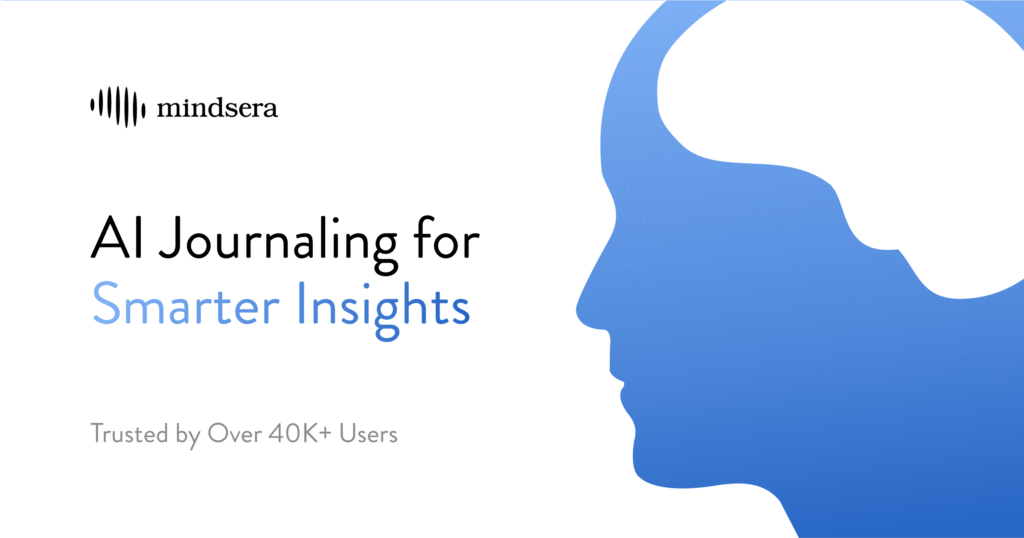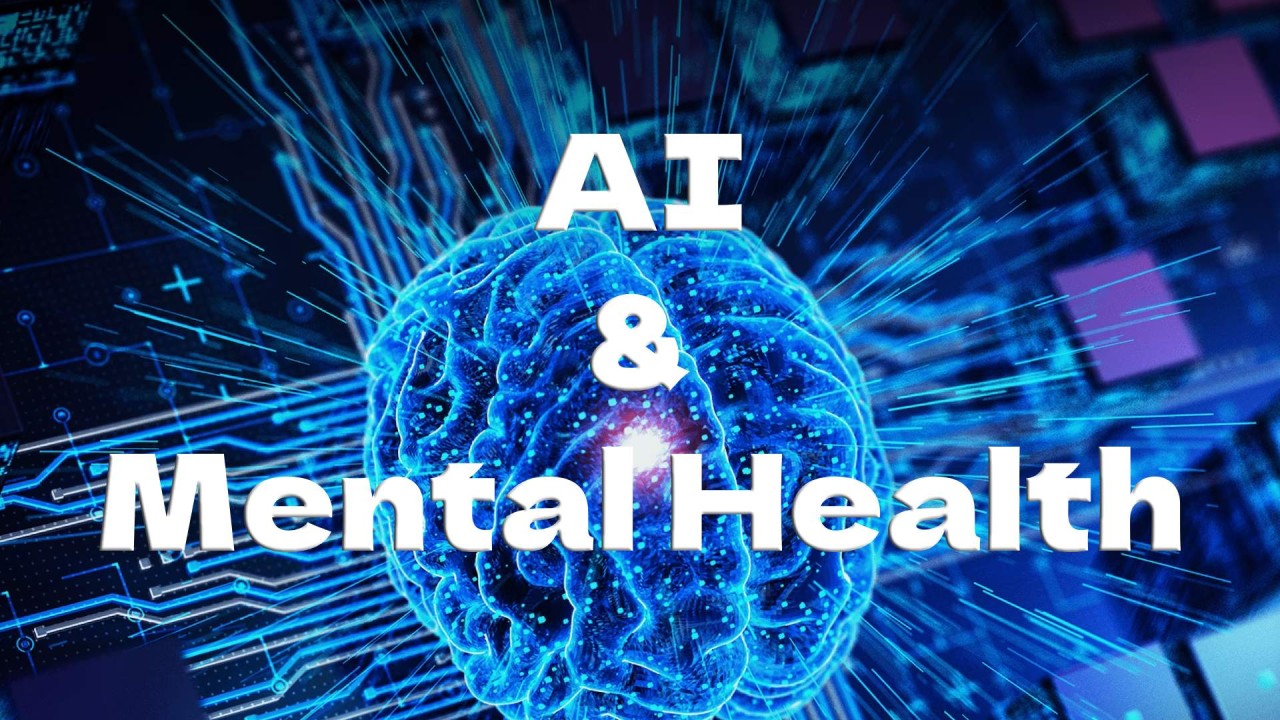In 2025, artificial intelligence is revolutionizing mental health care, making therapy more accessible, personal, and efficient than ever before. As technology advances, AI mental health tools are breaking down traditional barriers to support, helping millions manage stress, anxiety, and other mental health challenges. Whether you’re a therapist, mental health advocate, or someone seeking better wellbeing, these tools are worth knowing about.
Why AI is Transforming Therapy
- 24/7 Accessibility: AI chatbots and apps provide round-the-clock support – no appointments or waiting rooms required.
- Personalized Help: These tools tailor responses and resources to each user, leveraging data and natural language processing.
- Reducing Stigma: Private, judgment-free interaction empowers users who may feel uncomfortable seeking traditional therapy.
- Boosting Therapist Efficiency: AI can handle routine admin tasks, appointment scheduling, and even first-line triage, freeing therapists to focus on complex cases.
1. Wysa: Your 24/7 AI Wellbeing Coach

Wysa is a globally recognized AI-powered mental health app available on both mobile and desktop. Designed to be your pocket wellbeing coach, Wysa provides users with evidence-based techniques, mood tracking, and instant, empathetic support whenever you need it.
- Key Features:
- Who It’s For: Anyone seeking discreet, affordable emotional support or wanting help building healthy coping habits.
2. Woebot: The Friendly Mental Health Chatbot

Woebot is an AI virtual therapist designed to help users manage feelings of anxiety, depression, and stress. It stands out for its friendly tone and clinically validated conversations created by psychologists.
- Key Features:
- Who It’s For: Users seeking casual but effective daily support from an always-available “companion” that listens and responds with professional techniques.
3. Talkspace: AI + Human Therapy Hybrid

Talkspace is known for its licensed therapists, but in 2025, it has supercharged its platform with AI. AI now handles tasks such as:
- Matching users to therapists based on need and preferences
- Recommending evidence-based therapy plans
- Streamlining intake and ongoing monitoring
- Key Features:
- Who It’s For: Anyone who wants traditional therapy but appreciates fast, tailored onboarding and tech-enabled progress monitoring.
4. Mindsera: AI-Powered Journaling for Emotional Insight

Mindsera offers a modern take on mental health journaling, harnessing AI to turn self-reflection into actionable wellbeing insights.
- Key Features:
- Who It’s For: Those who love self-reflection, creative expression, or want to better understand what drives their feelings and behaviors.
Table: Quick Comparison of Top AI Mental Health Tools
| Tool | Support Type | Special Features | Best For |
|---|---|---|---|
| Wysa | AI + Human Coaching | FDA approved, global reach, 24/7 access | General emotional well-being |
| Woebot | AI Chatbot | Empathetic CBT, crisis response | Anxiety, stress, daily mood |
| Talkspace | Human Therapists + AI | AI-powered matching, insurance integration | Therapy seekers wanting convenience |
| Mindsera | AI Journaling Assistant | Emotional analysis, AI art, interactive guides | Reflective, creative users |
The Future of AI Mental Health Tools
These advancements don’t replace human therapists—instead, they increase the reach and efficiency of mental health support. When used with care and oversight, AI tools help bridge the growing gap in mental health services. As adoption rises, ongoing research ensures these technologies remain ethical, private, and effective.
Remember: AI support works best as a supplement to professional care. Always reach out to a human therapist for complex or crisis situations.
Frequently Asked Questions (FAQ)
Q: Are AI therapy tools safe?
A: Most leading apps use clinically validated methods and strict privacy protocols. However, always research any app you use and avoid sharing sensitive personal info unless the app is fully secure.
Q: Can an AI therapist replace my psychologist?
A: No—AI tools are best for support, habit building, and tracking, not for diagnosing or treating severe issues. They complement, not replace, human care.
Q: Are these tools expensive?
A: Many offer free or low-cost plans. Wysa, for example, starts at $19.99/month, making support accessible to more people.
Final Thoughts
From managing daily stress to supporting therapists, AI tools like Wysa, Woebot, Talkspace, and Mindsera are redefining what modern therapy means. Explore these apps to find the right fit for your mental health journey—and remember, technology is here to empower, not replace, genuine human connection.


